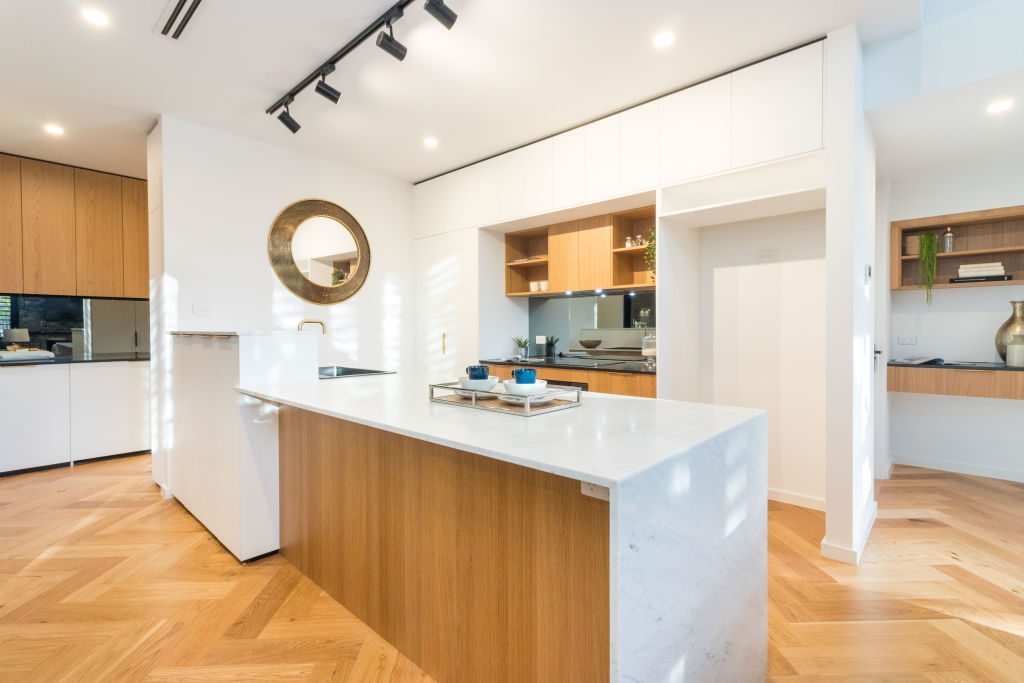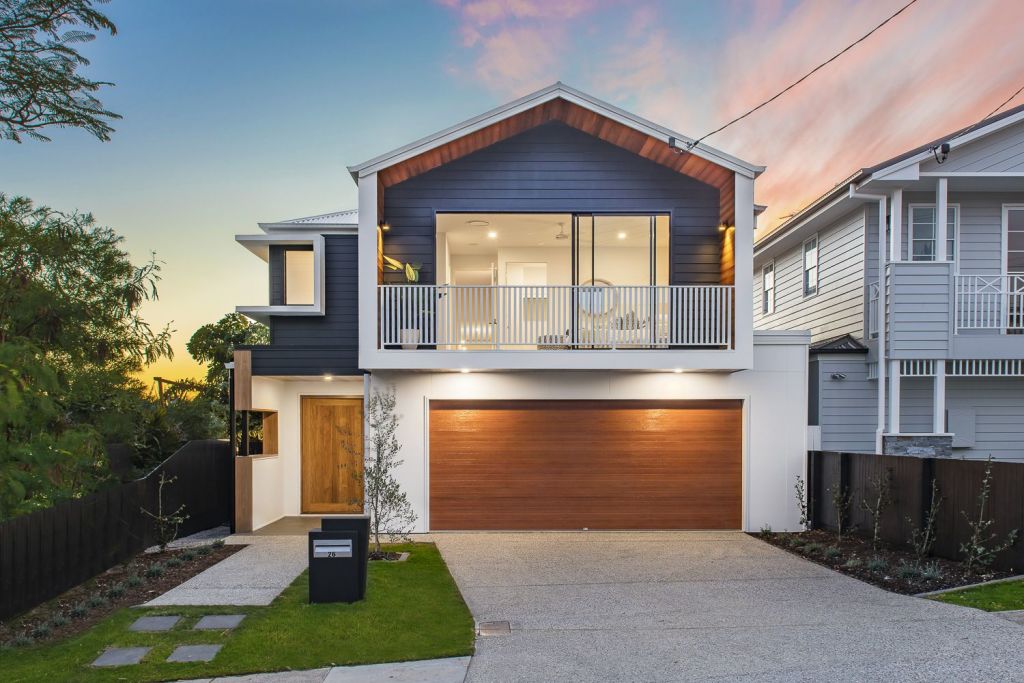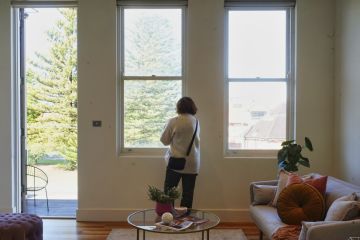Brand new benefits: The financial advantages of new properties helping first-home buyers and investors get ahead

Buying a brand new house or apartment can be a great way to get your foot in the door of the housing market, or lay the foundations for a strong property portfolio.
But beyond the lifestyle advantages of buying a new property, what’s the dollar value in it for you?
Off-the-plan apartments and house and land packages can make it easier for aspiring first home buyers to find a place that’s right for them, with many states now offering grants and stamp duty exemptions.
For investors, new properties offer higher rental returns and opportunities to boost cash flow, which is highly beneficial in the first years of ownership.
First home buyer grants and benefits
Many states have tried to make life easier for first-home buyers by offering grants and incentives for first home buyers purchasing new properties.
In New South Wales, first-home buyers are eligible for a $10,000 grant for new properties under $650,000, or when entering into a building contract worth less than $750,000.
In Victoria, first-home buyers can receive $10,000 if buying a new property worth less than $750,000, with an additional $10,000 available if buying in a regional area.
Queensland offers a $15,000 grant for new properties under $750,000, while the ACT has a $7500 grant for new properties of any value. First-home buyers in Tasmania receive a $20,000 grant for new properties of any value, while Northern Territory first-home buyers are eligible for $26,000 as well as a $2000 household goods grant.
There are also stamp duty concessions and exemptions for first-home buyers purchasing new properties in South Australia, the ACT,
Co-founder of First Home Buyer Buddy, Lisa Baxter said stamp duty benefits “could see you living in your first home sooner”.
- Related: Buying your first home? Here’s everything you need to know
- Related: Five questions to ask yourself before selling an investment property
- Related: Why the first property you buy is the most important
Higher rent, lower maintenance
A newer property can bring investors peace of mind that an old home can’t. Many of the hidden problems of older properties won’t be there, as plumbing, appliances and fixtures are newly installed.
Many investors choose new properties to save themselves the trouble of older properties, according to Advantage Property Consulting director Frank Valentic, particularly if they’re looking to improve cash flow.
“They’re often more concerned with rental return, not having to dip any more money into their pocket after the initial purchase,” he said. “Generally you’re getting more rent for a newer property.”
“Some of them are willing to pay that bit extra and get all the extra added bonuses to have a low-maintenance investment so they don’t have to tip in extra in the future,” he said.

New buildings come with a warranty, while existing properties are sold as is, and according to Baxter this guarantee was appealing to investors. “Any building issues or defects identified during that time frame are generally covered.”
She said new buildings were generally more energy efficient, meaning lower power bills for owners.
Better depreciation opportunities
Cash flow is important for investors, and depreciation can be one of the biggest contributors.
Investors can claim the decline in value of the building – as well as appliances and equipment inside it – as a tax deduction, provided it was used to generate rental income.

According to BMT Tax Depreciation chief executive Bradley Beer, the 2017 changes to depreciation mean most of the benefits are now confined solely to new buildings.
“These budget changes have made a pretty big difference in cash flow over the early years of ownership,” he said.
“Depreciation is one piece of the puzzle but it does make a big difference.”
Beer estimated depreciation could add up to $16,000 per year in claims for an $800,000 apartment, which could push a property from being positively geared to negatively geared without necessarily costing an owner out-of-pocket expenses.
We recommend
States
Capital Cities
Capital Cities - Rentals
Popular Areas
Allhomes
More







